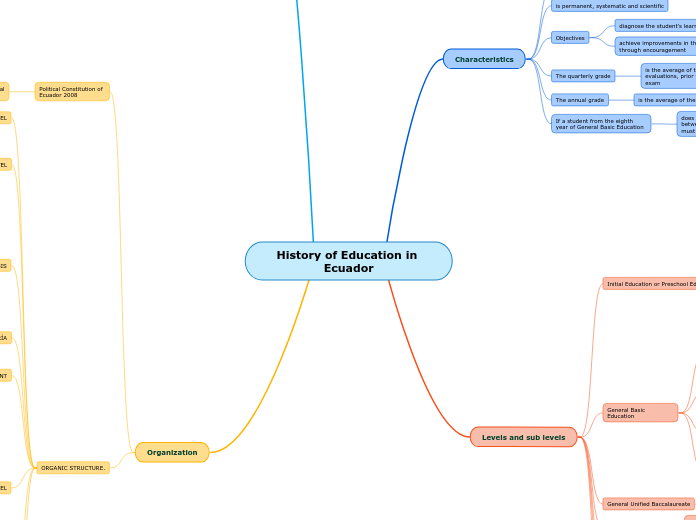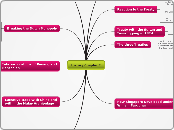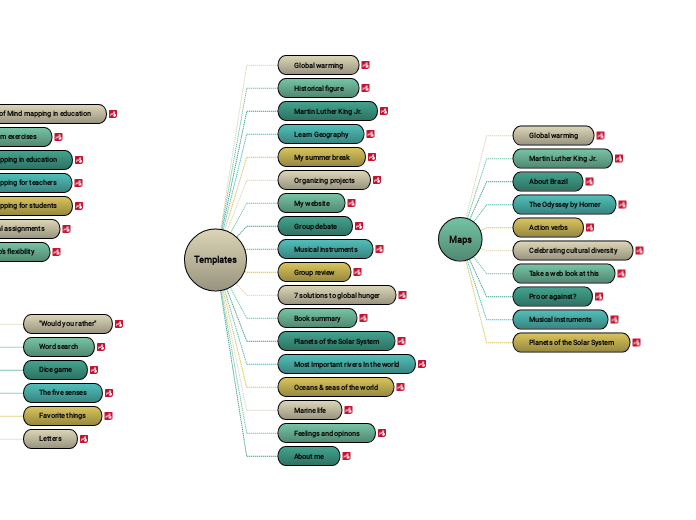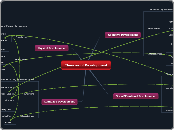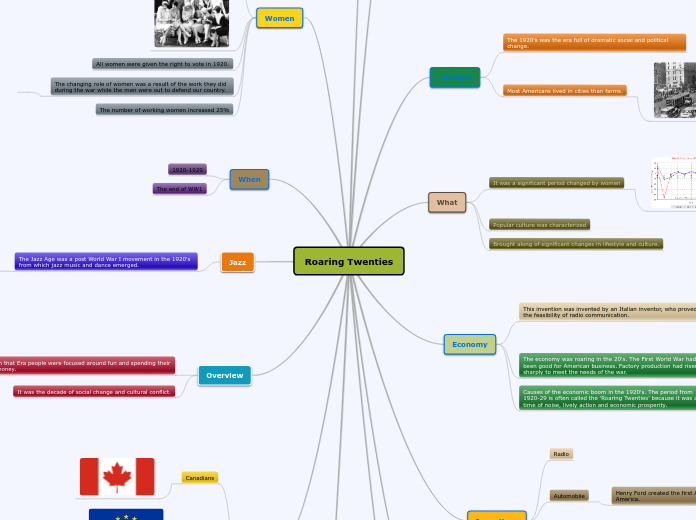History of Education in Ecuador
Organization
ORGANIC STRUCTURE.
8. LEVEL OF SERVICES
8.9 Design and Layout
8.8 Audiovisual
8.7 Copier
8.6 Library
8.5 Bar
8.4 Transportation
8.3 Guardian Service
8.2 Maintenance Service
8.1 Messaging
7. LEVEL OF SUPPORT
7.5 Social work
7.4 Psychology
7.3 Nursing
7.2 Dentistry
7.1 Medical
6. OPERATIONAL LEVEL
6.6 Extracurricular workshops
6.5 File
6.4 Systems
6.3 Secretary
6.3.4 Inspection
6.3.3 Vice-Rector's Office (Basic and Baccalaureate)
6.3.2 Rectorate
6.3.1 General
6.2 Commissions
6.1 Teachers
5. LEVEL OF MANAGEMENT
5.1.2 Supply and warehouse
5.1.1 Collection
5.1 Financial
4. LEVEL OF CONTROL AND VEEDURÍA
4.1 School Government
3. LEVEL OF ANALYSIS
3.7 Academic Boards
3.6 Parents or legal representatives
3.5 Student organizations
3.4 Student Counseling
3.3 Board of Grade or Course Teachers
3.2 Executive Council
3.1 General Board of Directors and Teachers
2. MANAGEMENT LEVEL
2.4 Level Inspectors
2.3 General Inspection
2.2 Vice-Rector's Office
2.1 Rectorate
1. POLITICAL AND DECISION LEVEL
1.1 Metropolitan Secretariat of Education
Political Constitution of Ecuador 2008
Organic law on Bilingual Intercultural Education March 31, 2021
Regulations for the organic law on bilingual intercultural Education July 26, 2012
History
imported a European educational model
German doctors and wise teachers
the religious of the Sacred Hearts
Jesuit Fathers
BGU
EGB
year 1550
called colegio San Andres in Quito
Basic education
Indian people
year 1871
Education to be free and mandatory
secondary schools
Indian teacher
Pte. Eloy Alfaro
1897
education as a public
LAICA
compulsory instruction until primary
free
Different system separated from the church
At the present time
Regulated by the Ministry of Education
Levels and sub levels
Fourth level education
advanced professional training or scientific and research specialization.
(specializations, master's degrees and doctorates)
Third level education
(bachelor's degrees,
university and polytechnic degrees)
Basic training for the exercise of a profession.
Higher technical or technological education
is oriented towards the enhancement of know-how.
Higher education
The higher education service is comprised of technical or technological institutes and universities.
General Unified Baccalaureate
the last 3 years of education (from 1st to 3rd year).
General Basic Education
Upper Basic
students from 12 to 14 years of age.
8th, 9th and 10th grades of G.B.E
Básica Media
students from 9 to 11 years of age.
5th, 6th and 7th grades of G.B.E
Elementary Basic
students from 6 to 8 years of age.
2nd, 3rd and 4th grades of G.B.E
Basic Preparatory
students 5 years of age.
1st grade
Initial Education or Preschool Education
timely experiences that occur in stimulating, healthy and safe environments.
to enhance their learning and promote their well-being through meaningful
is the process of accompaniment to the integral development
child is under 5 years old
Characteristics
If a student from the eighth year of General Basic Education
does not reach an average of 7 between the two quarters, he/she must repeat the year.
The annual grade
is the average of the quarterly grades
The quarterly grade
is the average of the partial evaluations, prior to the quarterly exam
Objectives
achieve improvements in their education through encouragement
diagnose the student's learning situation
is permanent, systematic and scientific
The evaluation is permanent, systematic and scientific.
